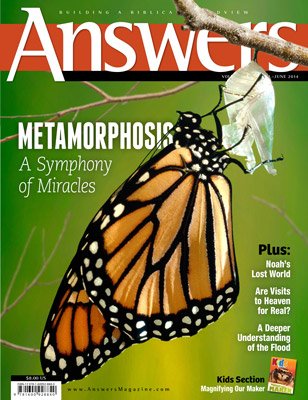Going to the Dogs
Perspective
Scientists are comparing the DNA of dogs to determine where they originally came from.
Scientists are comparing the DNA of dogs to determine where they originally came from. The main candidates for the cradle of canine civilization are the Middle East, East Asia, and Europe.
Scientists have mapped the genomes of several dog breeds and wolves, and now they are comparing them to see which set seems closest to the original wolflike ancestor. Yet so many variables are involved that they cannot agree.
Dogs aren’t like wolves. Wolves won’t fetch the paper or snuggle in your lap. Some of these differences can be traced to genes that influence the brain.
Last spring a Chinese-led team reported that the genetics of “dog brains” first appeared in China, and those genes are still evident in so-called Chinese native dogs. A more recent study came to a different conclusion. It examined DNA from fossil dogs and wolves found in Europe, Russia, and the Americas and compared them to living wolves, dogs, and coyotes. The researchers concluded that modern dogs are related to ancient dogs and wolves from Europe, rather than from the Middle East or China. They speculate that wolves followed Ice-Age hunters across the grasslands of southern Europe to eat the carcasses left behind, and were eventually domesticated.
Creationists are interested in these questions as well. Did the people at Babel already have domesticated dogs, or did humans later enlist dogs’ help in coping with the rigors of the Ice Age? Or did both happen, as some families left Babel with domesticated dogs while others domesticated wild dogs during their migrations?
As for the origin of the dog kind, the Bible makes it clear that ultimately, all dogs descended from a single set of parents on Noah’s Ark. As these first wolflike animals filled the earth in obedience to God’s command, groups of them migrated in different directions. This split up the gene pool, resulting in a number of populations with different combinations of genes, all from the original pair.
The various gene combinations produced features that enabled the “dog kind,” which includes wolves, coyotes, and modern dogs, to thrive in different environments. As humans selectively bred dogs, even more varieties appeared.
This ongoing research may tell us much about human history, as we have interacted with dogs during our spread over the earth. Properly interpreted, it will confirm that each kind of land animal, as well as humans, descended from the first passengers on the Ark.
*http://www.nytimes.com/2013/11/14/science/wolf-to-dog-scientists-agree-on-how-but-not-where.html?_r=0
Answers Magazine
April – June 2014
A closer look at the Genesis Flood account reveals a beautifully written, unified narrative that points to one inspired author. The passage masterfully highlights one central message: “God remembered Noah.” Along with in-depth articles on the Flood, this issue shows biblical and historical evidences of Christ’s Resurrection, new discoveries about the miracle of a butterfly’s metamorphosis and much more!
Browse Issue SubscribeRecommended Resources

Answers in Genesis is an apologetics ministry, dedicated to helping Christians defend their faith and proclaim the good news of Jesus Christ.
- Customer Service 800.778.3390
- © 2024 Answers in Genesis




